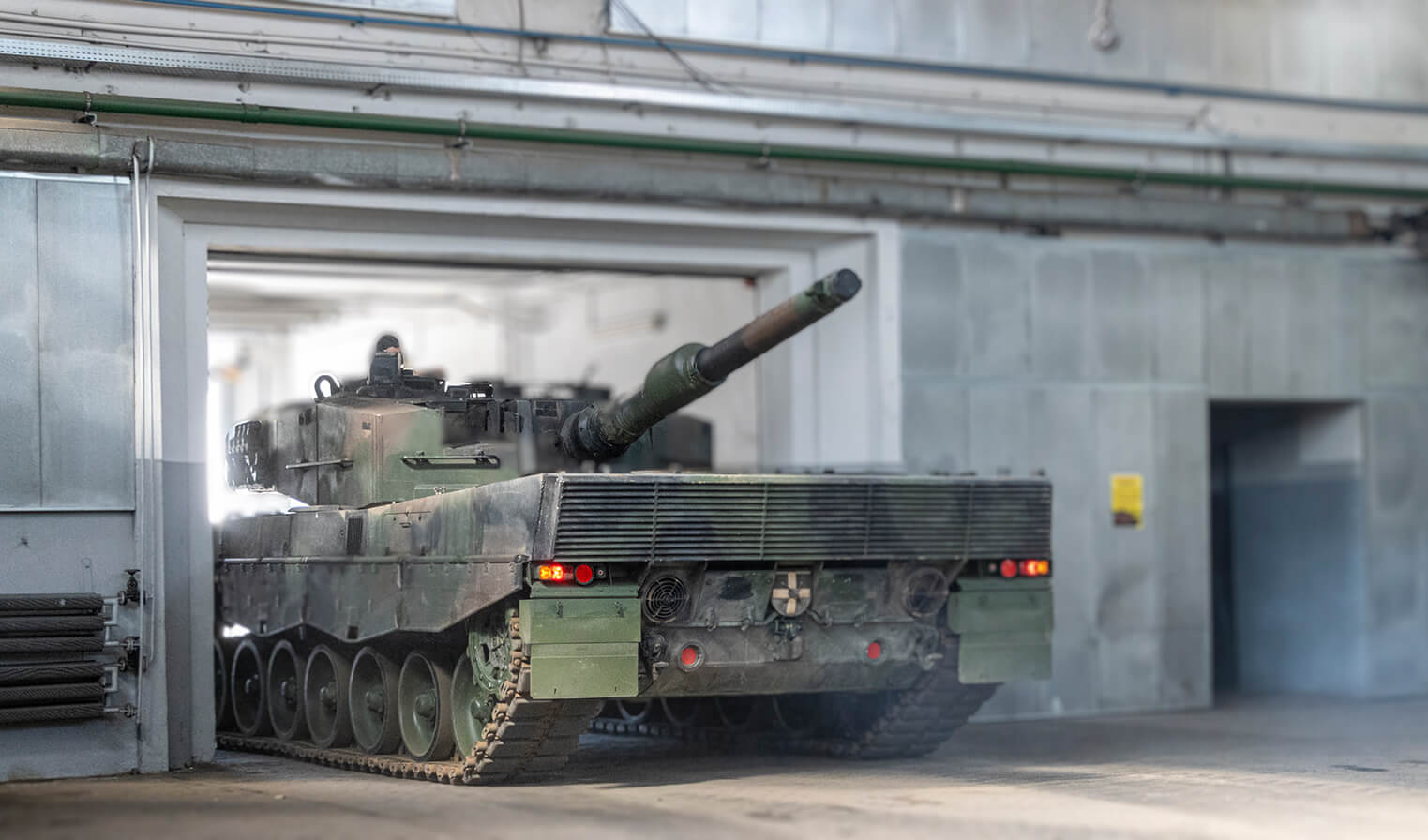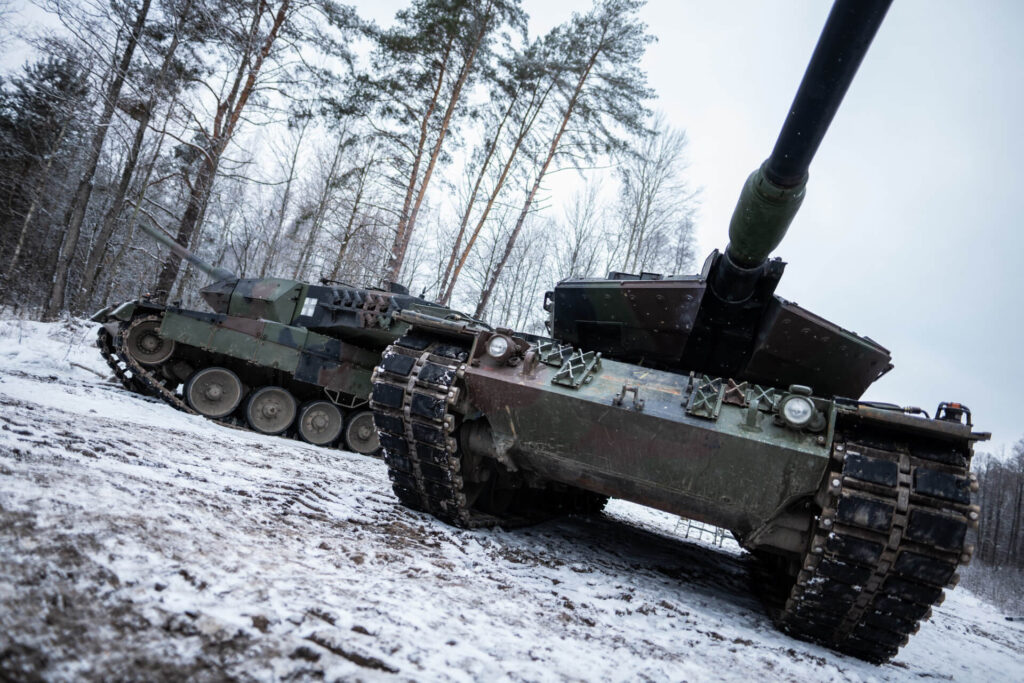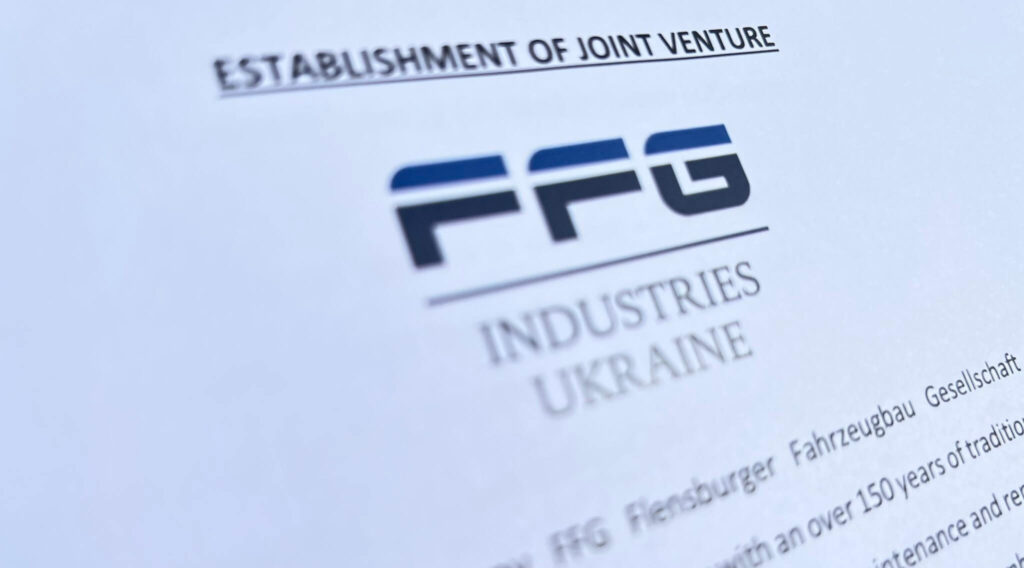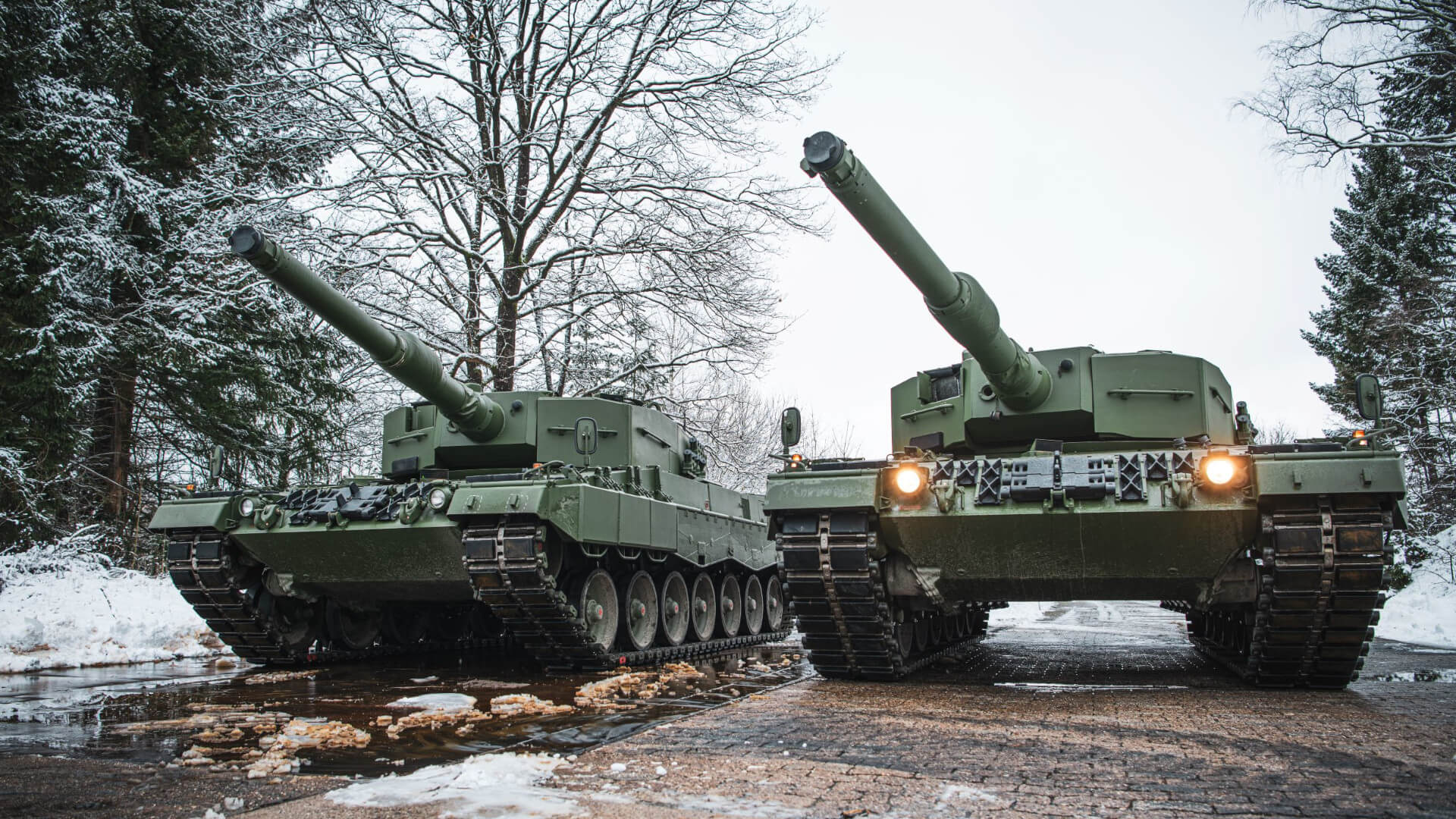Western partners have been supporting Ukraine in its fight against the Russian forces for over two years with more and more military equipment. It is becoming more numerous, more modern and more effective.
One of these countries is Germany. A wide range of German wildlife can now be spotted in Ukraine. Beavers are mostly found near ditches, where they build bridges to allow other animals such as dingoes, leopards and martens to roam Ukraine’s vast sunflower fields.
However, Germany is not even the only country supporting Ukraine with German military technology. Many European countries, such as Denmark, the Netherlands, Norway, Poland and Sweden, have, for example, supplied some of their Leopard 2 MBTs to Ukraine or are financing a delivery.
However, the more Western military technology is supplied to Ukraine, the more modern it is and the more it is used in combat, one thing becomes clearer and clearer: simply supplying the systems themselves is far from enough. They need to undergo regular maintenance and repairs and this is usually a lot more challenging than with old Soviet weapons systems.
With a few exceptions, spare parts are only supplied, not produced locally, and qualified personnel for repairs are also a rarity. For this reason, Western-made military equipment such as main battle tanks, infantry fighting vehicles, air defence systems and more were only repaired outside Ukraine, and this is still happening in most cases.
This means that the soldiers have to work without the equipment for much longer, repairs generally take more time than usual and even minor routine maintenance by the soldiers themselves can become a problem.

Even though other countries such as the US have the same difficulties, in the case of German-made equipment it is particularly popular to publicly discuss them. Surely, many still remember the months-long negotiations between the German and Polish governments and the responsible companies regarding the repair of the Leopard MBTs.
The Polish side accused the German industry of failing to supply them with sufficient spare parts, while the German side argued that the Polish industry tried to charge extremely high prices for even the simplest work.
Overall, it was not possible to agree on an adequate solution and the repair of these vehicles was split by model. The older Leopard 2A4s are being repaired in Poland, while the more modern Strv 122 and Leopard 2A6 are being repaired in Lithuania or Germany.
However, this is also not an optimal solution and difficulties arise. On the one hand, the damaged vehicles have to be transported for days before they can be repaired and used again after repair work has been done and, on the other hand, the repairs itself also take a relatively long time, at least at the hub in Lithuania.
In December last year, Member of the Bundestag’s Budget Committee Sebastian Schäfer visited the maintenance hub in Lithuania together with the German Minister of Defence Boris Pistorius. In numerous conversations, they listened to concerns and needs and received feedback.
Following his visit, Schäfer decided to write a letter to the responsible German companies — KMW and Rheinmetall. He was told about a lack of suitable spare parts, which means that repair work takes an unnecessarily long time. Unbearable for the Ukrainian soldiers, who are dependent on working with modern equipment. Every day counts. The result? Any improvements? Unclear!

Further maintenance hubs already exist (or are planned) in Slovakia and Romania. At the end of January, German Chancellor Olaf Scholz even spoke of expanding the Slovakian hub further — despite the rather Ukraine-unfriendly government in Slovakia.
But what is the situation in Ukraine? After all, minor repairs and maintenance work are carried out in Ukraine as there is no reason to transport the vehicles all the way to Lithuania, let alone Germany if no major work has to be carried out. Schäfer and some of his German colleagues have visited repair workshops several times, both last year and this year.
Again, the picture was the same. Both urgently needed spare parts and manuals in English or even better in Ukrainian with instructions on how to repair the vehicles were missing. The Ukrainians often have to improvise or repair based on their gut feeling. This was reported in the case of the Gepard SPAAGs and ATF Dingo 2s, for example.
However, there has at least been an improvement in the supply of spare parts in recent months. Schäfer, Schwarz, and Klein (all members of the Bundestag’s Budget Committee) reported this after their latest visit to Ukraine at the beginning of May.
Minister of Defence Boris Pistorius also recently said that spare parts for the Leopard 2A6 could be supplied easily, but that there were problems with the procurement of spare parts for the older Leopard 2A4, as there is no longer an active production line.
Spare parts have to be collected all over the world to make them usable for the Ukrainian Leopard 2 fleet. However, this is particular a challenge for the countries that still use the older Leopard 2 model, as Germany is not one of them.
The improvement in the spare part supply is also likely the result of a contract for spare parts stockpiling and management concluded in December 2023 between the joint venture of Rheinmetall and KMW and the Ukrainian Ministry of Defence which was financed by the German government. Rheinmetall spoke to SPIEGEL about this at the beginning of January.
Another plus point are the official repair hubs operated and planned by German companies in Ukraine which aim to provide relief and significantly improve the situation. Some of these companies include FFG and Rheinmetall.

Rheinmetall, for example, announced last year that it wanted to build a workshop in Ukraine where, as a first step, vehicles supplied by Germany such as the Leopard 2A6, Marder 1A3 and more would undergo maintenance and repairs. This would eliminate the need for time-consuming transport to Lithuania or Germany.
However, a suitable location had to be found and prepared first. In addition, Ukrainian personnel had to be trained in Germany for several weeks. A company spokesperson told me in February 2024 that initial maintenance and repair work had already been carried out there.
Most likely primarily on less complex military equipment such as the HX81 tank transporters and other logistical vehicles supplied by Germany which often were produced by Rheinmetall. The work there was to be intensified in March.
According to Rheinmetall, military equipment has also been repaired at other locations in Ukraine. For example, Marder 1A3 IFVs supplied by Germany are said to have been repaired in Lviv. A claim that Schäfer mostly disagrees with! According to him, this workshop has so far remained an unfulfilled promise by Rheinmetall.
According to BILD information, so far, only minor defects can be repaired in Lviv. For more complex repairs, the vehicles still have to be brought out of the country. For the Ukrainian soldiers of the Air Assault Forces, this again means that they will have to operate without the relatively modern and highly effective German-donated equipment for much longer than necessary.
In conclusion, it can be said that although the supply of spare parts is slowly improving, there are still major deficits both in the repair hubs abroad and in Ukraine. Even after more than a year and a half since the German vehicles have arrived (starting with Gepard SPAAGs and ATF Dingos), there is still a lack of spare parts, manuals and obviously also a lack of will.
The German industrial sites in Ukraine appear to be developing slowly, although here too the emphasis is on slowly. Basically, it feels as if everyone is trying to do their own thing and there is no fundamental strategy.
The fact is, however, that it is a matter of life and death in Ukraine. Every day counts and each of us should bear in mind that we are not the ones who are paying for this with our lives every day.
A fact that at least Quantum-Systems has understood. A drone factory and development hub was recently opened in Ukraine. Thanks to the company based in Gilching, there is now a local production not only of spare parts, but also of entire drone systems. Training is also provided in Ukraine.
One can only hope that the much larger German companies with far greater financial resources will soon adopt Quantum-Systems’ philosophy and act accordingly.
If you liked this post, consider following me on X, Bluesky, or Telegram. If you like, you can also leave me a tip on Ko-fi.


